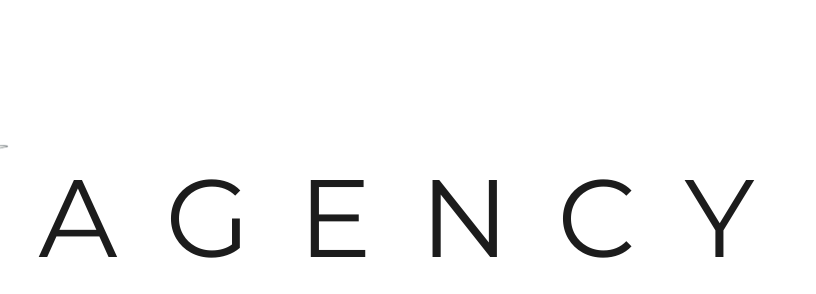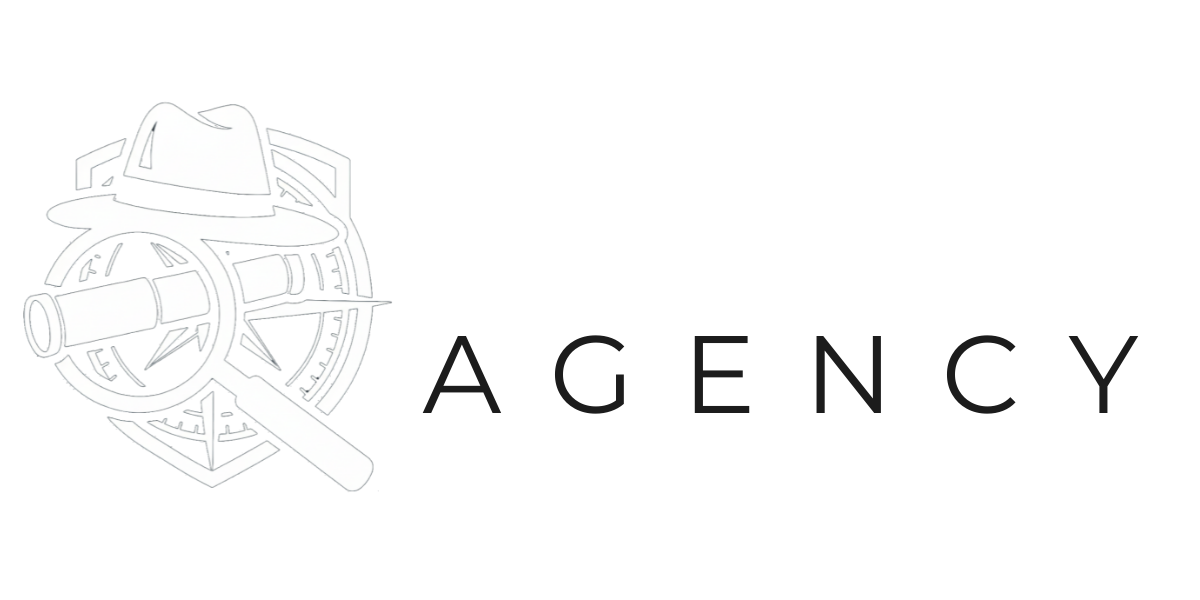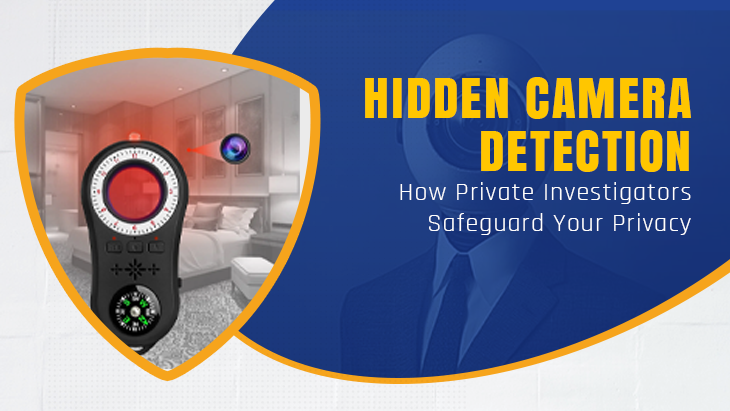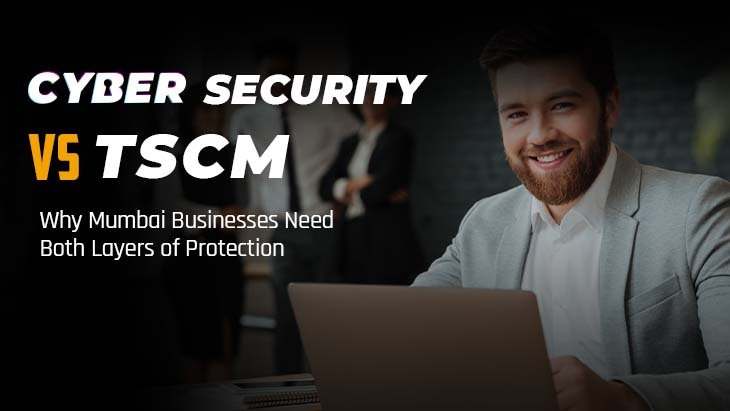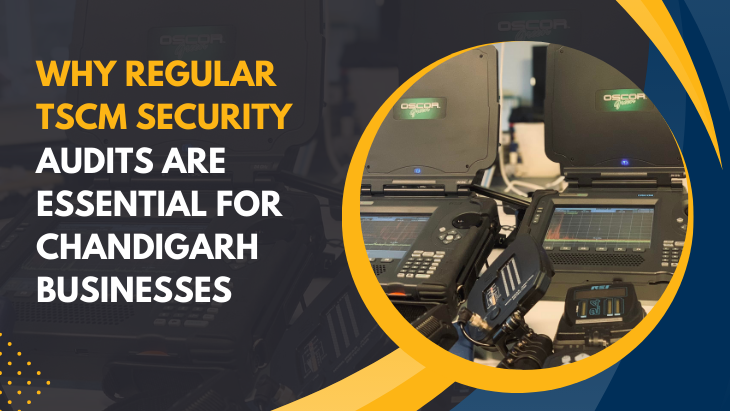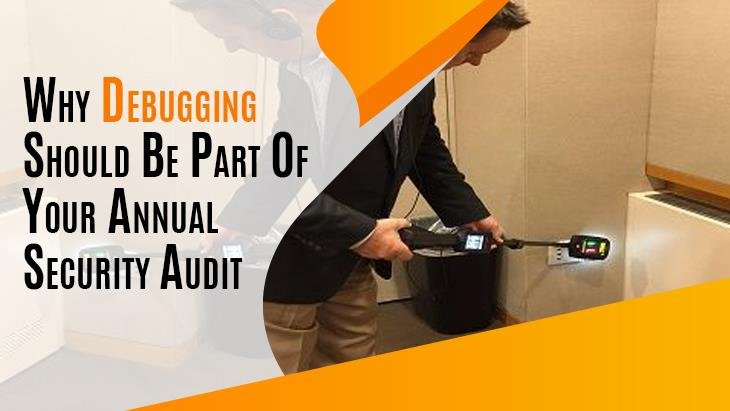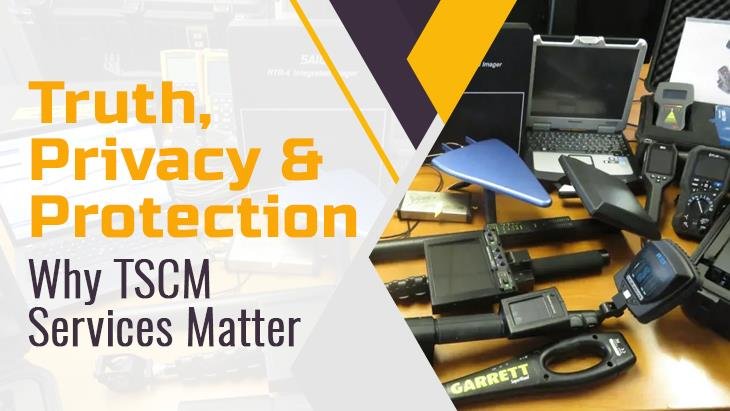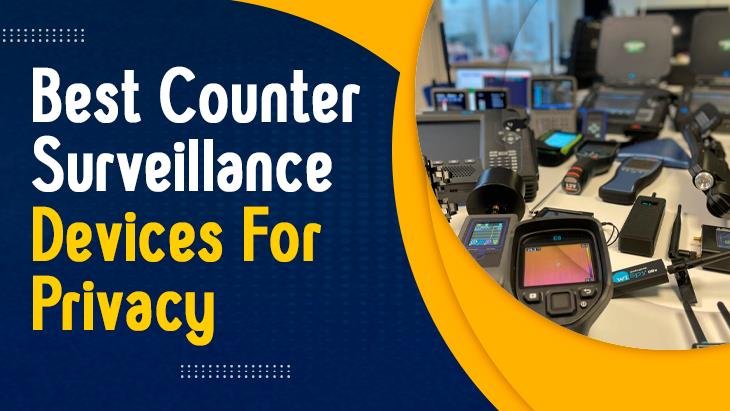Hidden Camera Detection: How Private Investigators Safeguard Your Privacy
Compact, cloud‑connected cameras are cheap, discreet, and everywhere. From rentals and hotel rooms to offices and dressing areas, a single hidden camera can violate privacy, expose trade secrets, or jeopardize safety. Private investigators trained in Technical Surveillance Counter‑Measures (TSCM) conduct...
